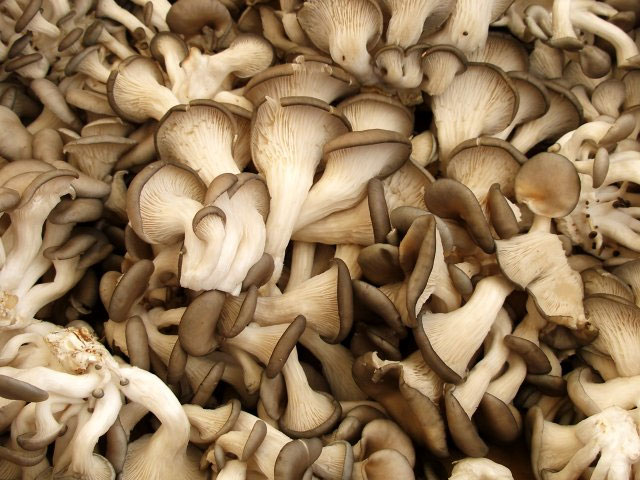Germany uses fungi to contaminate soil and water
Mushrooms can bring beauty to the forest, it can become a dish on the table, but for German researchers, mushrooms can also be used to clean soil and water sources.
Information published on Deutsche Welle recently said that Helmholtz Environmental Research Center (Germany) has begun to study the use of mushroom laccase to clean up pollutants in soil and water. Laccase can decompose lignin in plants, accelerate the decomposition rate of wood.

Use fungi to eliminate pollution of soil and water
However, laccase has no duty to limit lignin. It can react with environmental pollutants such as hydrocarbons and dioxins; transforming toxic substances into water and carbon dioxide, etc., or changing its chemical bonds to transform into a state more susceptible to bacterial decomposition.
Researchers found that, in addition to the inherent pollution reduction ability, fungi are deep in the soil, which helps bacteria with a few meters in length, directly destroying some of the toxic bacteria that can resolve.
Researcher Dietmar Schlosser said the bacteria could spread to the ground to allow bacteria to build "highways . " Along with that, their moist surfaces also helped spread bacteria quickly. .
He took the example of Tien Hoan mushroom, the fungus of this fungus is several meters long. On the surface, each Hoan Hoan mushroom stand separately but on the ground they connect into a network of bacteria, also because of this characteristic it is called 'a pair of heavenly beings' with decontamination bacteria. infection.
- What is the land? How soil formed?
- Techniques for growing and caring chrysanthemum plants
- Germany checks E. coli in drinking water
- Mexico found mushrooms can clean contaminated water within 6 hours
- Detects significant amount of water in the soil on Mars
- Detecting water on the surface of the Moon
- Biochar: Savings for acidic soil, alum, poisoning
- 4 the opposite in Germany but few people know
- New discovery of the role of fungi symbiotic roots with carbon in the atmosphere
- Mathematical models help select crops to combat drought
- Exidiopsis effusa fungi cause the ice to grow white like silver hair on the wood
- Apricot planting techniques
 Is the magnetic North Pole shift dangerous to humanity?
Is the magnetic North Pole shift dangerous to humanity? Washington legalizes the recycling of human bodies into fertilizer
Washington legalizes the recycling of human bodies into fertilizer Lightning stone - the mysterious guest
Lightning stone - the mysterious guest Stunned by the mysterious sunset, strange appearance
Stunned by the mysterious sunset, strange appearance